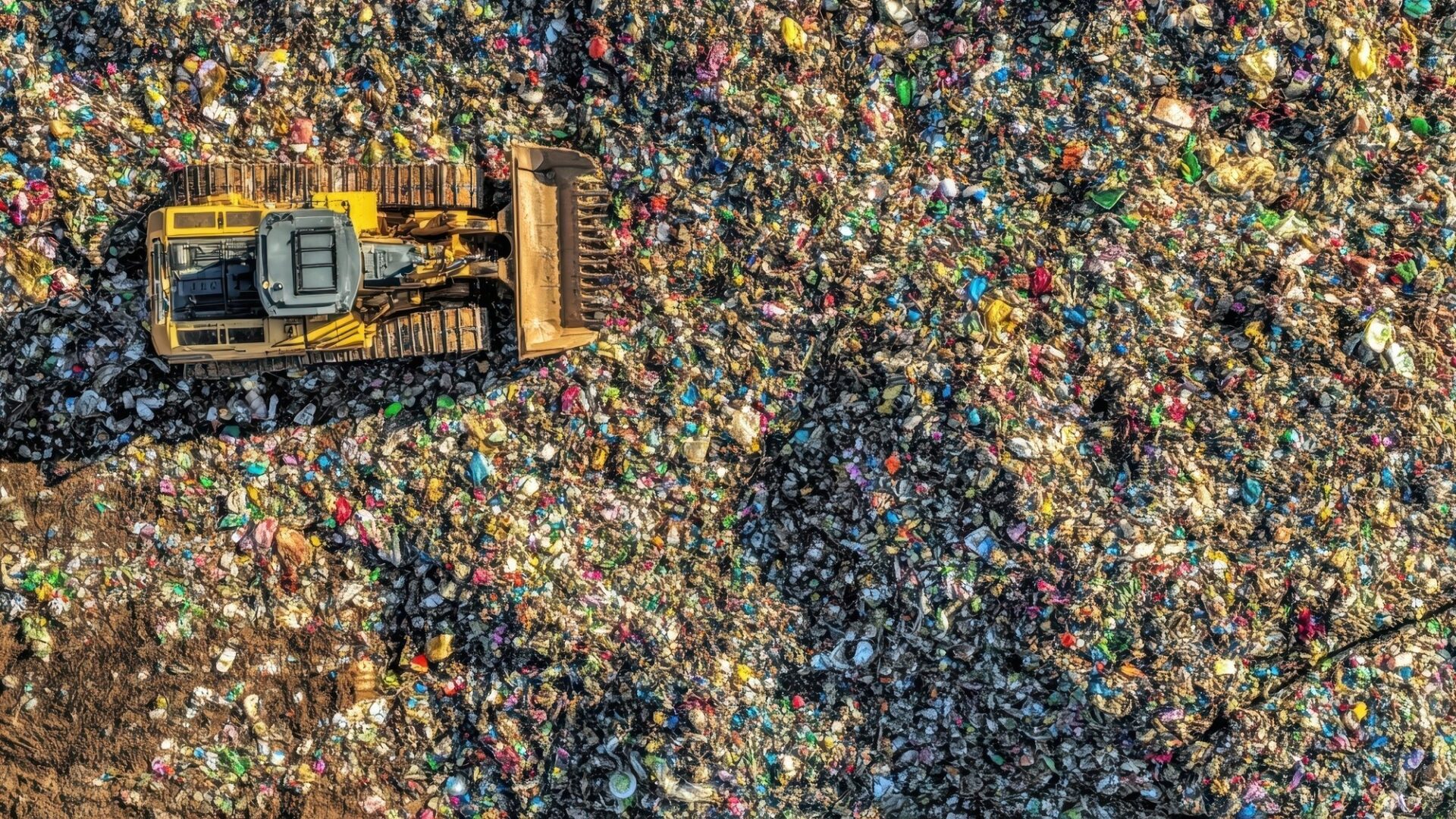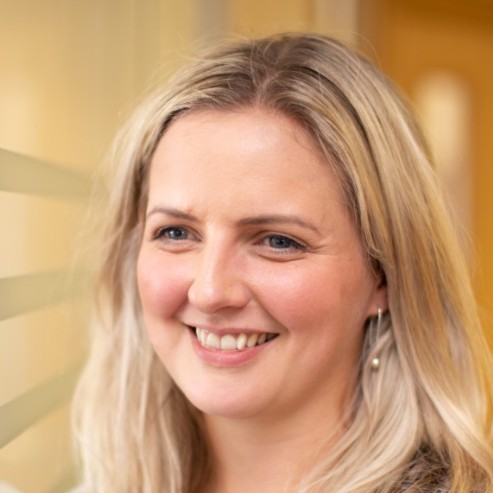Farrans is targeting zero avoidable waste to landfill by 2030. Victoria Johnston explains the contractor’s approach to ridding projects of plastic waste.

This month, the United Nations is meeting to discuss the ongoing problem of plastic waste. But what is construction doing about its own plastic pollution?
In 2021, Farrans carried out a materiality assessment to identify areas where we could reduce our impacts on the planet. One of the key areas we decided to focus on was ‘Circular Economy and Resource Management’ – where plastic reduction stood out as a priority.
This is not only important for the planet; there are new rules on workplace recycling which came into effect this year which construction businesses need to follow.
Farrans joined the Responsible Plastic Management Program as a supporter member, which has enabled us to develop a stronger plastic management culture and demonstrate our commitment to its reduction and elimination. We have undertaken awareness training, plastic literacy training as well as coaching and motivational sessions to enhance our knowledge and understanding of plastics.
As we become more ‘plastic conscious’, our goals are to design out waste at source, use renewable materials or recycled content, refuse single use packaging and improve our waste management to maximise reuse.
Our progress in this area can be seen when you walk on to our sites, with the integration of recycled plastics in our PPE and materials. Signage is free from single use plastics. Canteens have recycling bins for food waste. An annual company-wide campaign, Plastic Free July, reminds our workforce of good practice.
PPE from recycled Coke bottles
On our Belfast Grand Central Station project we introduced ‘The Grand Recycling Plan’ – an initiative which saw refill stations and recycling points opened onsite, collecting more than 2,000 bottles to craft picnic benches for local schools, using 100% recycled plastic. The PPE used by our supply chain – some 3,224 items – was made using recycled Coke bottles.
In the water sector, our JV Farrans Glanua and client NI Water joined forces, as part of the IF105 Integrated Partnerships Framework, to look at plastic waste reduction through the Responsible Plastic Management Program.
During plastic audits, sock pipe coverings had been identified as a single use plastic waste stream. NI Water and Farrans Glanua identified hard, recyclable covers which could be washed and reused instead. These recyclable end caps are now used on the trunk main framework, contributing towards Farrans’ zero plastic to landfill objective.
We continue to look for unnecessary use of plastics as part of our zero waste to landfill strategy, identifying opportunities for reusable plastics and ensuring plastic is segregated as a resource for recycling rather than treated as a throw away waste.
That’s circularity in action, benefiting the environment, oceans, wildlife, and future generations.
Victoria Johnston is sustainability advisor for Farrans, a CIOB member company.











